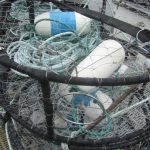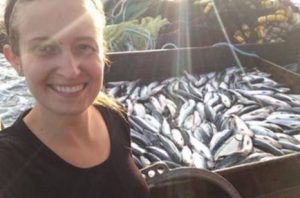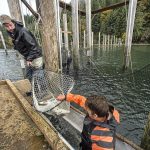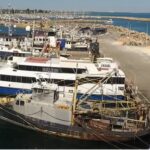Daily Archives: March 23, 2021
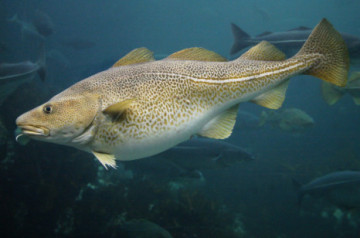
Fishing Industry reps withdraw from Canada-France meetings after DFO recommends 3Ps cod moratorium
Canada and France began negotiations today, March 23, to decide who can fish for what on the south coast of Newfoundland but representatives from the fishing industry won’t be there. Atlantic Groundfish Council, Fish Food and Allied Workers, and Association of Seafood Producers have all announced they will withdraw from the bilateral meetings to determine quotas in protest over Canada’s intent to place a moratorium on cod in the 3Ps zone. The decision to withdraw comes after the industry learned late Friday,,, >click to read< 17:56
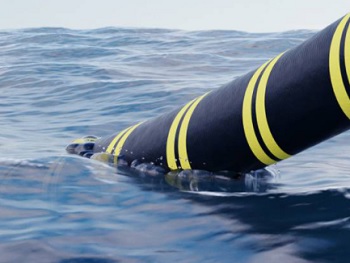
Undersea cable owner seeks injunctions against trawler operators
The owners of two transatlantic communication under sea cables are seeking High Court injunctions preventing fishing boat owners from trawling near their property. The action has been brought by GTT Communications Inc and related entities Hibernia Express Ireland Ltd and Hibernia Atlantic Cable System Limited which run between Ireland, the UK, and Canada. The companies claim that the owners of several fishing vessels have been trawling in the waters near the cables. This it is claimed, poses a high risk of damage to the cables. >click to read< 14:06
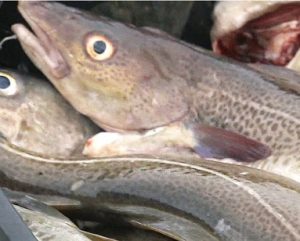
The NLGIDC are surprised and disappointed by DFO’s plan to implement a moratorium on 3Ps cod
St. John’s, NL, March 23. 2021 – The Newfoundland and Labrador Groundfish Industry Development Council (NLGIDC) finds it difficult to understand DFO’s rationale in proposing a moratorium for 3Ps cod in 2021. We are opposed to this approach. “During the 3Ps industry advisory meeting early in 2021, the DFO science presentation indicated the most important factors in determining stock growth are high natural mortality and a changing ecosystem and not the commercial fishery”, said Jim Baird, the Chairperson of the NLGIDC. Some facts from the recent 3Ps assessment: >click to read< 12:57
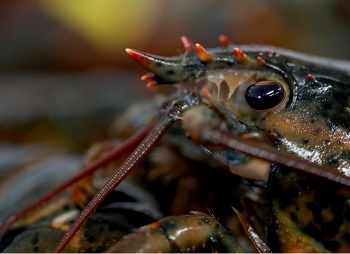
Canadian government likely has not met constitutional obligations to First Nations
The precedent set by the Supreme Court of Canada in the Marshall cases recognizes the First Nations’ right to fish under the Peace and Friendship Treaties but also allows for limitations by the government for the purpose of conservation. The Badger decision set out the parameters for applying those limitations and puts the onus on the federal government to show that the infringement of treaty rights is justified, and to consult with First Nations to find a solution that puts the minimum restrictions on Indigenous rights. The 13 Nova Scotia First Nations chiefs have unanimously rejected Jordan’s plan for a number of reasons, a major one being a lack of consultation. >click to read< 11:45
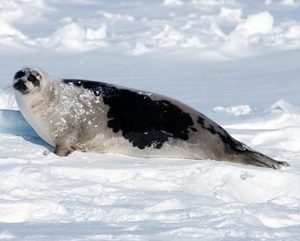
1984 – Liberal cabinet was split on seal hunt, while refusing to give into ‘blackmail’ from animal rights groups
The controversial Atlantic seal caused caused a major split in the Liberal cabinet of 1984, secret documents obtained by Blacklock’s Reporter show. Ministers cursed the International Fund for Animal Welfare while acknowledging the seal hunt was “relatively minor.” Some ministers feared animal rights groups would lead a boycott of Canadian fish products at McDonald’s and other restaurant chains. >click to read< 09:31
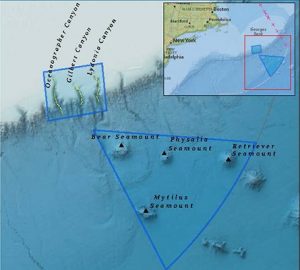
Supreme Court won’t hear fishermen’s case against Northeast Canyons and Seamounts National Marine Monument
The high court denied a request to take a look at the case. Chief Justice John Roberts wrote that the creation of a national monument was “of no small consequence,” but the petitioners did not meet the criteria to bring it before the Supreme Court. The fishing group is let down by the court’s decision, but also feels that Roberts’ statement is a signal for others to bring similar cases, and suggests the high court “will soon resurrect meaningful limits on the President’s monument-designation power.” >click to read< 08:10
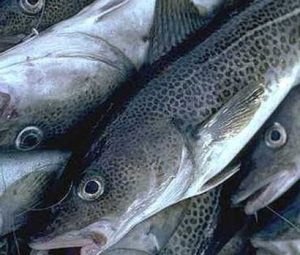
The flawed plan to rebuild Canada’s Northern cod – DFO’s plan is riddled with science and policy weaknesses
Canada is on the cusp of an inauspicious anniversary. Next year will mark 30 years since Newfoundland’s 500-year-old Northern cod fishery was shut down. The fishery was closed on July 2, 1992, because of a massive decline in the cod population, as much as 95 per cent, between the early 1960s and the early 1990s. The socioeconomic consequences were staggering: 30,000 to 40,000 jobs vanished overnight. Closure of what once was the largest cod fishery in the world stimulated an exodus of 10 per cent of the province’s population by the turn of the 21st century. Resource depletion was not anticipated when the federal Fisheries Act was passed in 1868. >click to read< 06:25


































